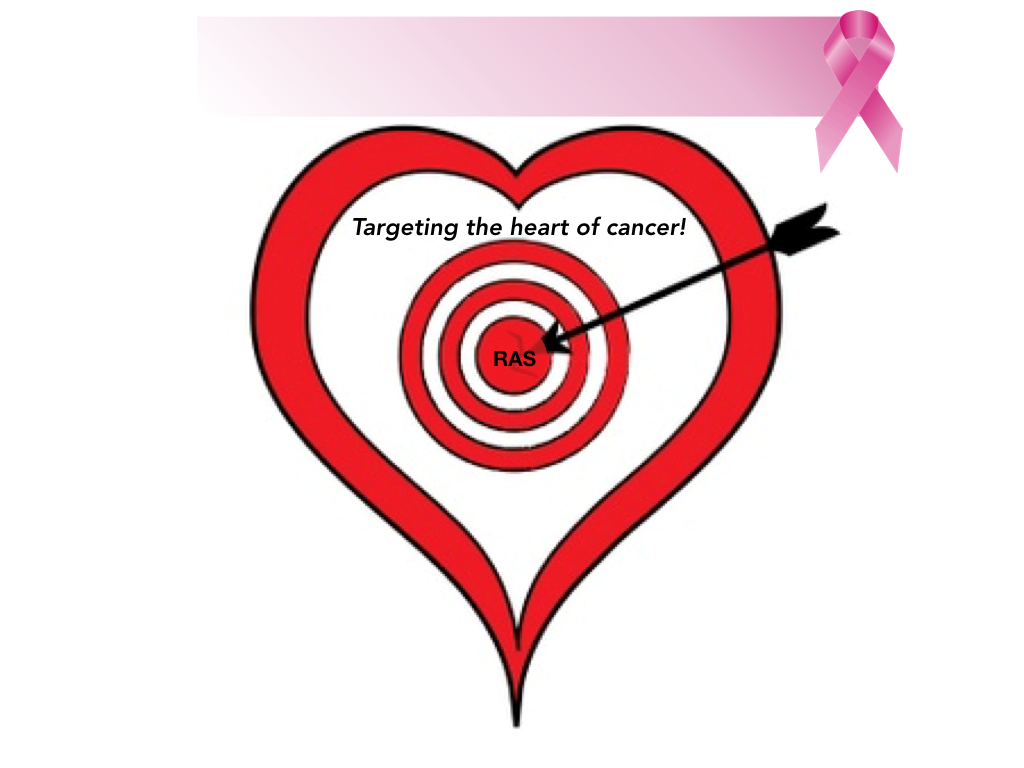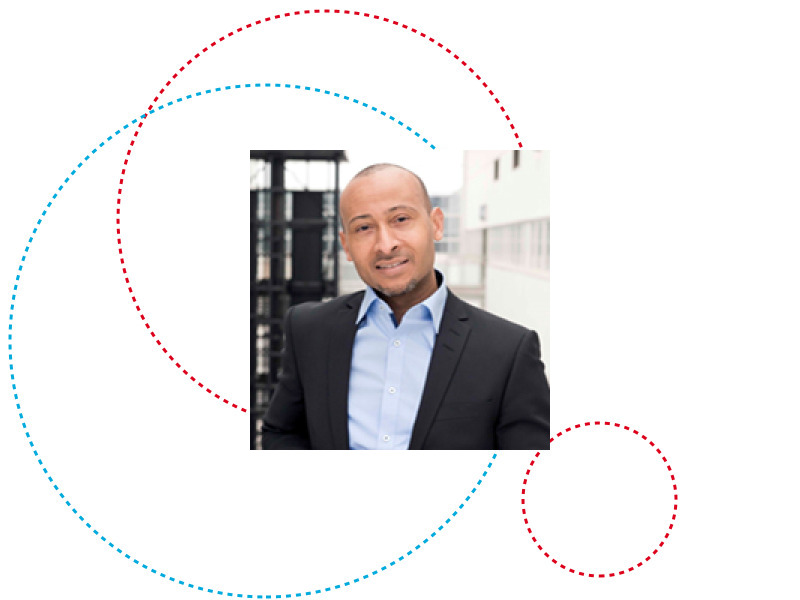Abstract
What if one day cancer got really close to you and you would have to worry about your own life or that of a loved one?
We are living in a time, where a lot of expectations are raised, mainly due to the promise of personalised medicine. The bases for this approach are molecular fingerprinting techniques that allow us to characterise tumors with a better precision than classical pathology. Moreover, unexpected similarities between tumors emerge that shake up the classical division of cancer research by tissue type.
However, at the same time, we do not see that the enormous drug development efforts of the past 20 years manifest in more approved cancer drugs.
How can we combine molecular fingerprinting with currently available drugs to improve cancer treatment?
In this public lecture, Daniel Abankwa will give his view on modern cancer research, with particular focus on RAS, one of the oldest and best studied oncogenes, which nevertheless still misses an approved inhibitor.

Biography
Daniel Abankwa studied chemistry in Göttingen (Germany), and completed his PhD in molecular neurobiology in Düsseldorf (Germany). In 2002, he moved as a postdoc to the EPFL in Switzerland, before he started working on the oncogene RAS with Prof. John Hancock at the Institute for Molecular Bioscience of the University of Queensland (Australia) in 2006. He then became junior group leader with Prof. Kirill Alexandrov at the same institute. In 2010, he moved as adjunct professor to the Turku Centre for Biotechnology (Finland).
Daniel joined the University of Luxembourg in September 2017 and took up his new position as Professor and Head of the Cancer Cell Biology & Drug Discovery research group at the Life Sciences Research Unit (LSRU). His group aims at understanding RAS isoform specificity, drug discovery in particular against cancer stem cells, as well as assay development.
